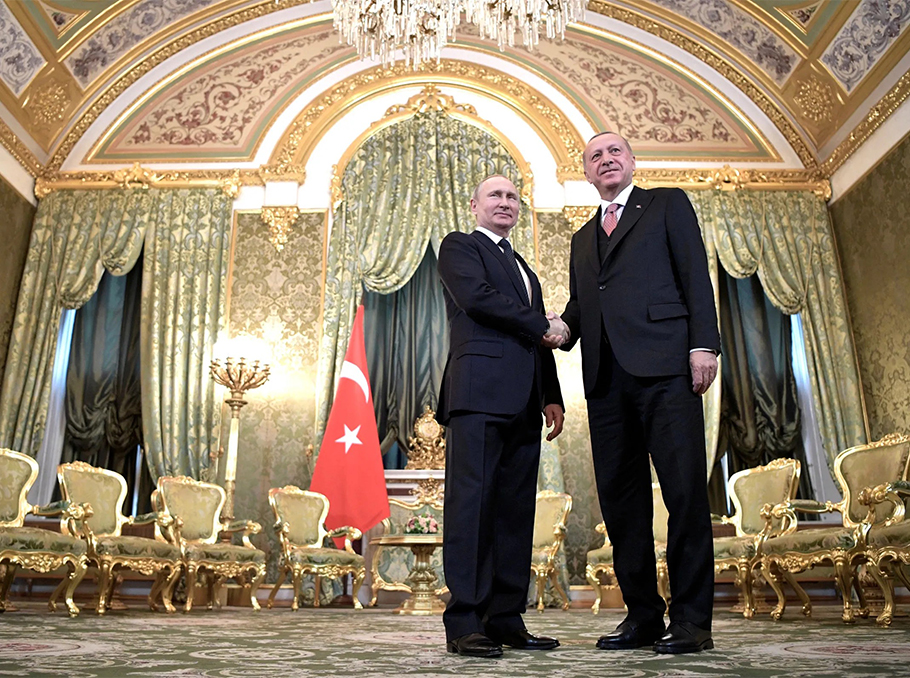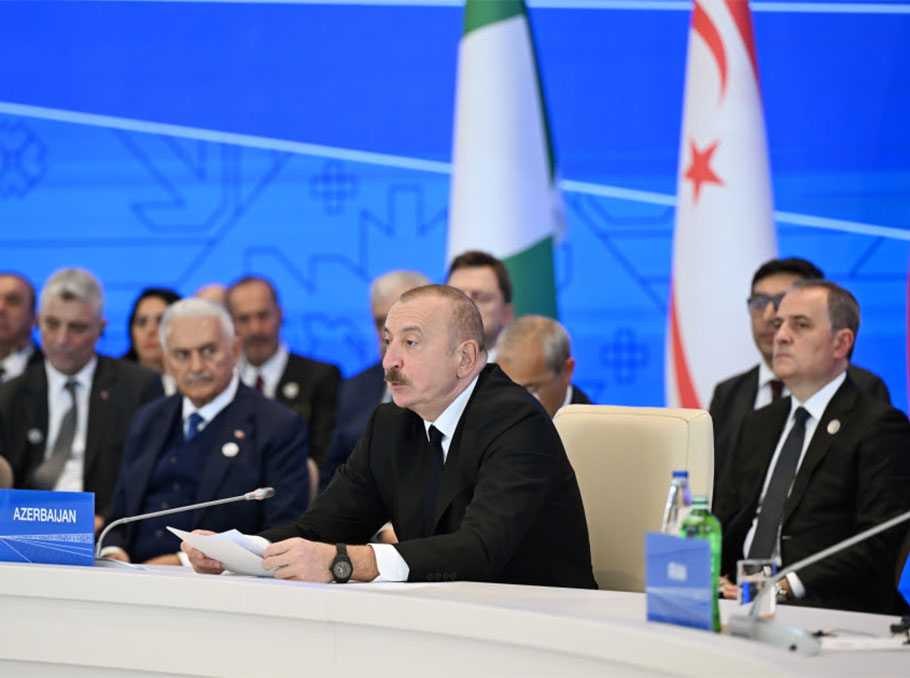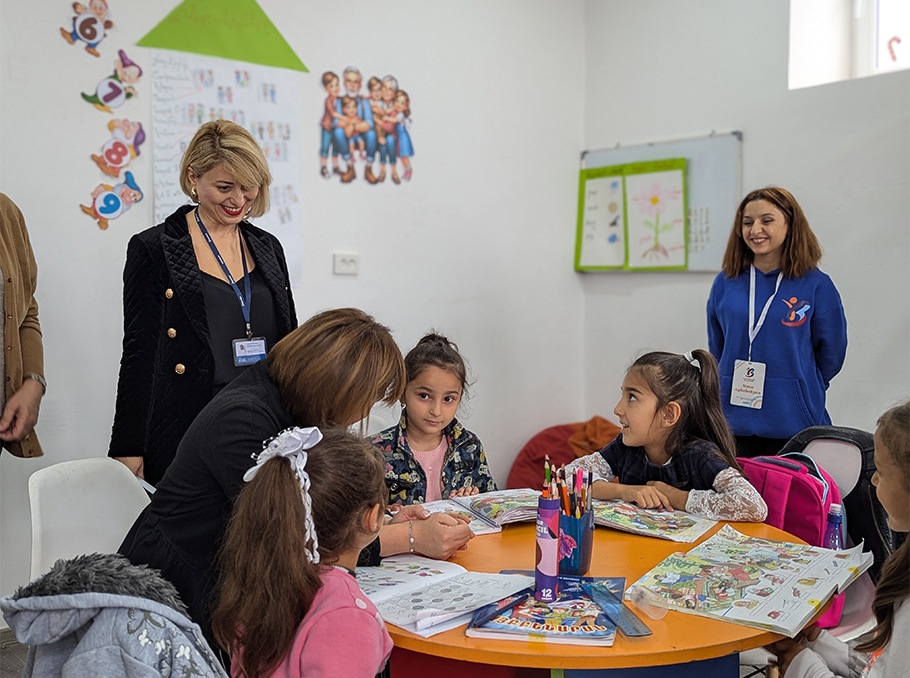Yerevan /Mediamax/. Political scientist, Director of the Caucasus Institute believes that "the South Caucasus is no longer an exclusively post-Soviet region.”
“If “post-Soviet” describes zones of Russian influence, in the South Caucasus, this influence has decreased to an extent that may be irreversible. Of course, whatever happens, Russia will remain a major regional player. A nuclear power that borders the region and is the former parent state of the empire that included all the region’s countries will play a role in any event, even if it does not consciously seek it. However, Russia is no longer the hegemon, the main external player and arbiter,” Iskandaryan wrote in “The South Caucasus between Putin and Erdoğan: Is Russia on Its Way Out?”
“Of course, this change of “mental geography” will not happen overnight. The withdrawal of Russia’s peacekeeping force from Azerbaijan, changes to the institutional format for Armenia-Russia ties, Georgia’s further integration into the EU, the creation of new regional formats—all of this will take time. However, we are past the turning point: the Nagorno-Karabakh problem has all but disappeared with the elimination of it autonomous entity. Russia can no longer play the role in efforts to settle Armenian-Azerbaijani relations that it played until 2020, or even 2022,” the political scientist notes.
“This does not mean that the risks of turbulence in the region will go away. Indeed, the opposite might well be true. With little attention from global players, the region will turn into an arena for rivalry between regional powers: Turkey, Iran, and Russia. The view that a strong Russia is more dangerous than a weakened one seems controversial, to say the least. Future changes anywhere -from Palestine to, say, Syria or Central Asia - may have unpredictable consequences. Given the specifics of decision-making in Erdoğan’s Turkey and Putin’s Russia, further violent steps are a possibility. What is already clear is that the South Caucasus will no longer be the same region. Over the past three years, the region has transformed from Russia’s backyard into a zone of competition among regional powers, and regional conflicts have been geopoliticized. Unless global players step into the role of a force creating rules for regional interaction, the South Caucasus may well turn into a full-fledged part of the New Middle East, with all the negative connotations that this carries,” the author concluded.



























Comments
Dear visitors, You can place your opinion on the material using your Facebook account. Please, be polite and follow our simple rules: you are not allowed to make off - topic comments, place advertisements, use abusive and filthy language. The editorial staff reserves the right to moderate and delete comments in case of breach of the rules.